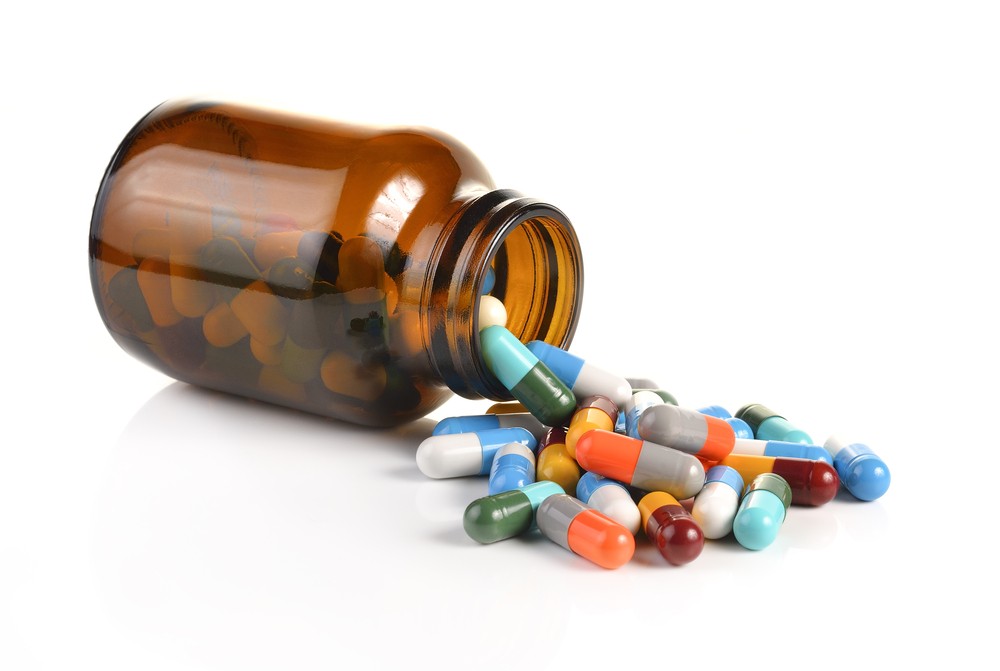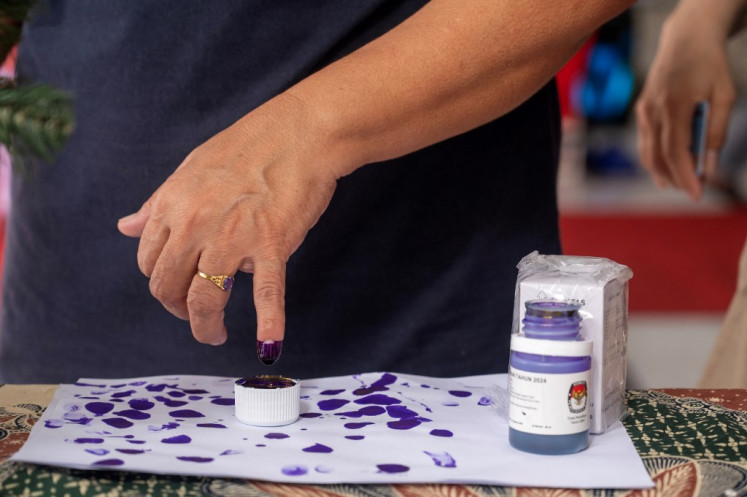Popular Reads
Top Results
Can't find what you're looking for?
View all search resultsPopular Reads
Top Results
Can't find what you're looking for?
View all search resultsBayer Indonesia wants to export more this year
The Germany-based Bayer pharmaceutical company is optimistic it would be able to boost its exports this year given the achievements it has recorded in the last few years.
Change text size
Gift Premium Articles
to Anyone
T
he Germany-based Bayer pharmaceutical company is optimistic it would be able to boost its exports this year given the achievements it has recorded in the last few years.
Bayer Indonesia president director Angel-Michael Evangelista said the company aims to boost its monthly exports to 65 containers on average, a 30 percent increase from the current 50 containers per month.
The health products are manufactured at Bayer’s Cimanggis plant in Depok, West Java, the company’s only health product factory in the Asia-Pacific region and one of its 12 production plants worldwide.
“Our international-standard plant in Cimanggis produces 80 percent of our [health product] exports to more than 32 countries worldwide,” Evangelista said at a press conference recently.
Aside from the Cimanggis plant, Bayer operates two agrochemical plants in Tangerang, Banten, and Surabaya, East Java. Both plants also export their products to several countries, he said.
Bayer recently celebrated the shipment of its 3,000th export container of health products to Europe. That rounds up the Rp 3.9 trillion (US$273.9 million) in export revenues the company had earned in the past four years.
Evangelista said products from Bayer’s Cimanggis plant had managed to penetrate markets with strict pharmaceutical standards, such as Sweden, Australia and New Zealand.
Its exports also grew exponentially from the past decade when it exported to fewer than 10 countries, which was made possible through a Rp 1.6 trillion investment the company had disbursed between 2017 and 2019, he said.
However, Bayer is not planning to invest more in the near future. “Where we want to focus right now is to celebrate the several years’ [worth of] investments we have made in Indonesia that allows us to export to these 32 companies,” Evangelista said.
Senior Bayer representative at the ASEAN region, Ernst Coppens, said Bayer’s export and investment achievements are testaments to the company’s steadfast commitment to Indonesia, a country whose president has said that exports and investments are keys to economic growth.
“Indonesia is the largest economy in the region and that makes it very attractive to us to invest in,” Coppens said during the export launch. "We believe our investment can affirm Indonesia as a leading pharmaceutical producing country in the world."
He acknowledged the local pharmaceutical industry still relied heavily on imported materials because of a lack of upstream and intermediary industries that could provide domestic ingredients.
According to the Industry Ministry, Indonesia’s trade balance involving pharmaceuticals showed a deficit of $1.13 billion in 2018. Its imports of drug ingredients were worth $4 billion, whereas imports of finished products were worth $800 million.
“It is not [the regulations or incentives] in Indonesia that determine our investments but rather the markets in Indonesia and surrounding countries,” Coppens said. “Our growth and investments will follow the demands and the market.”
Industry Minister Airlangga Hartarto said the government sought to encourage the upstream sector to develop, including those much needed in the pharmaceutical sector, through a super deductible tax policy for up to 200 percent for vocational programs and up to 300 percent for research and innovation development.
The pharmaceutical sector, he said, is one of the prime movers of Indonesia’s manufacturing, which contributed 2.78 percent to gross domestic product and had grown by 4.46 percent last year.
“We have 217 million subscribers on our National Health Insurance [JKN] and this is a great opportunity for pharmaceutical companies to develop their industries in addition to boosting their production for export purposes,” Airlangga said.










